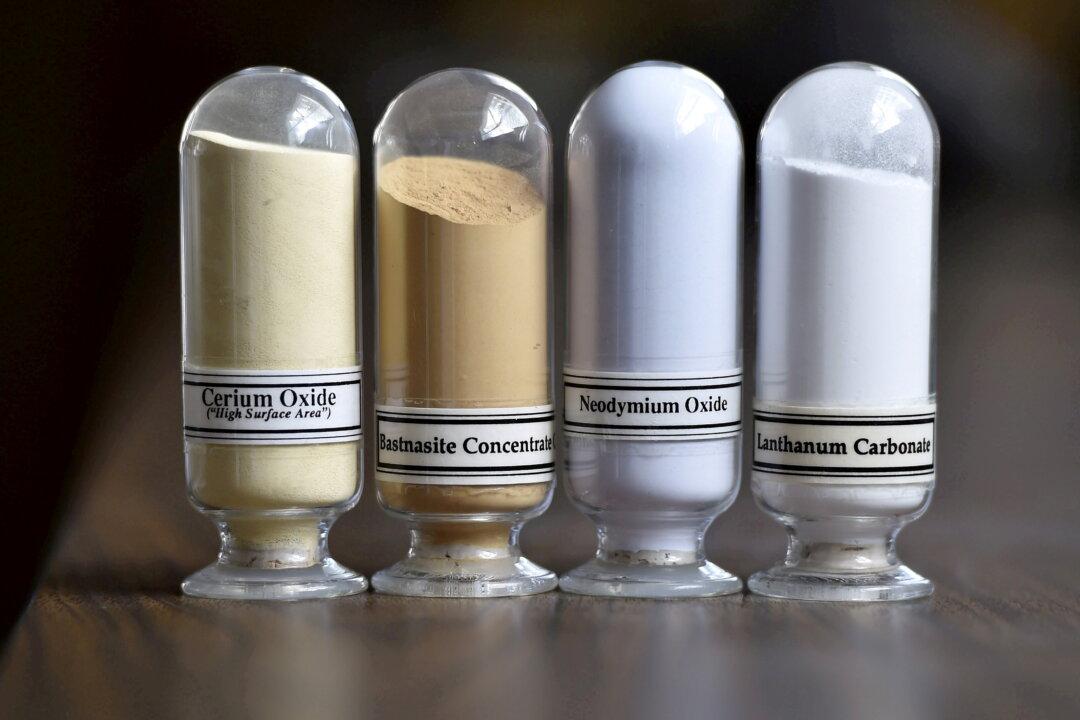News Analysis
For years, China has undercut other countries in the production and refining of defense-critical rare earth metals, dominating the global market.

For years, China has undercut other countries in the production and refining of defense-critical rare earth metals, dominating the global market.